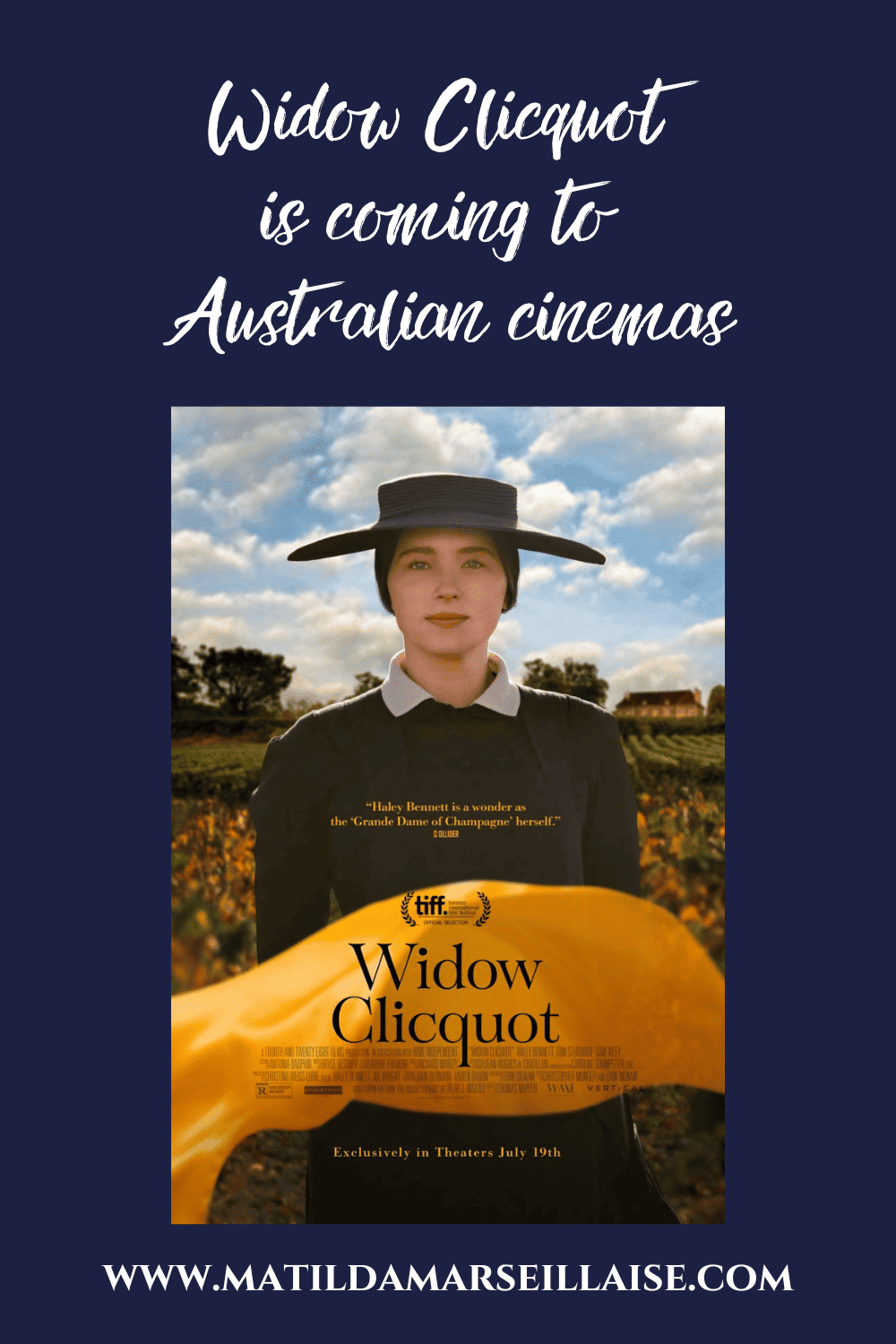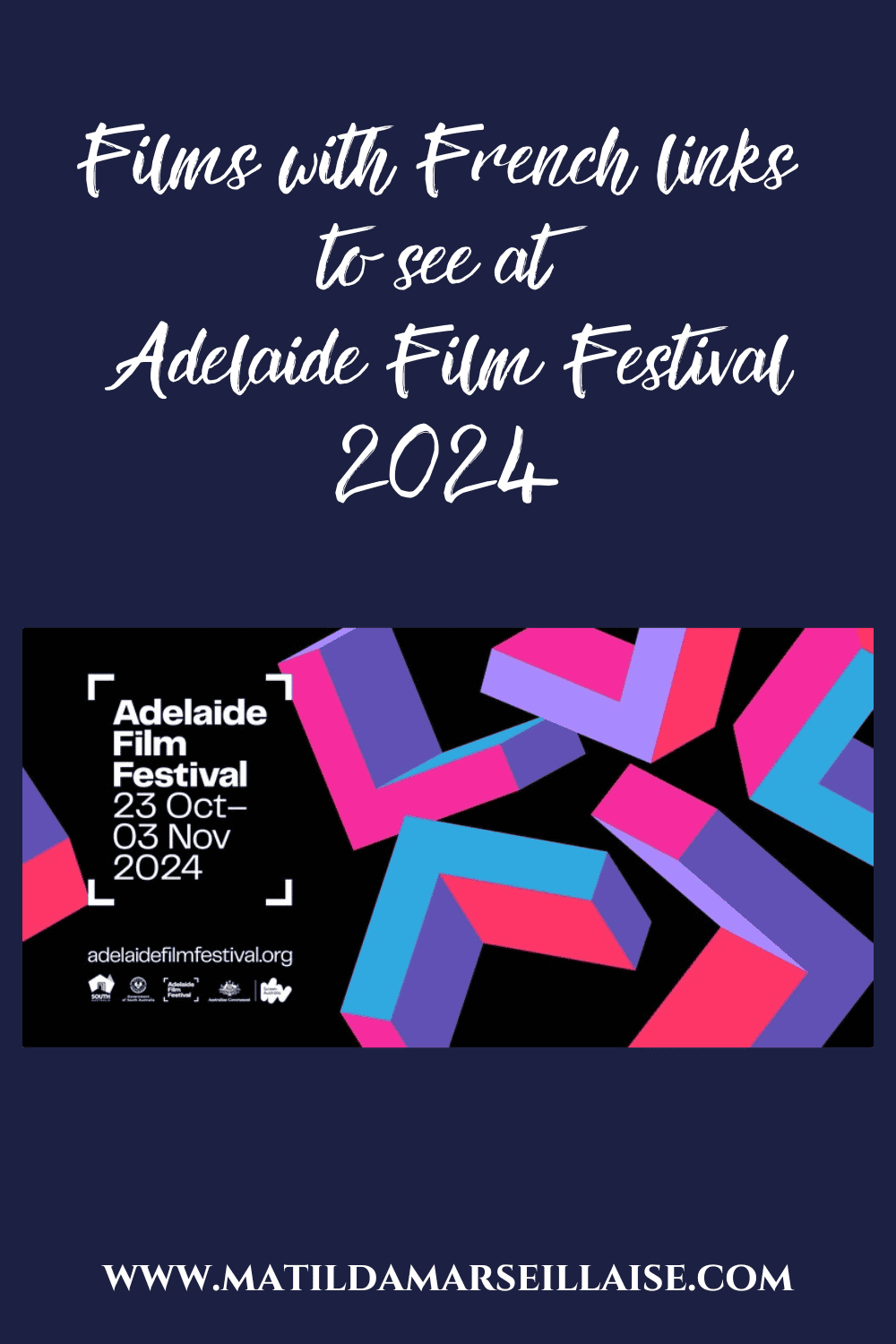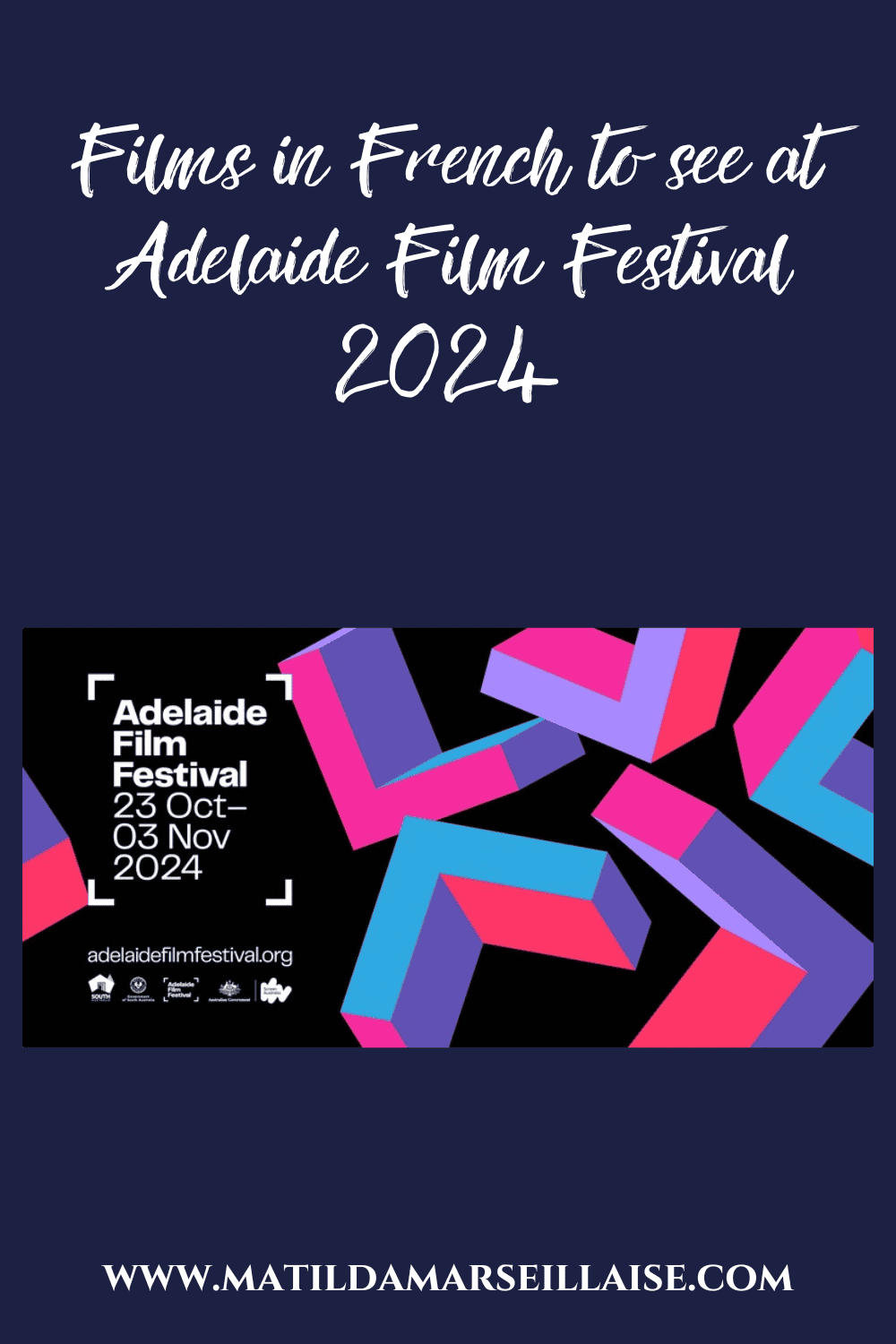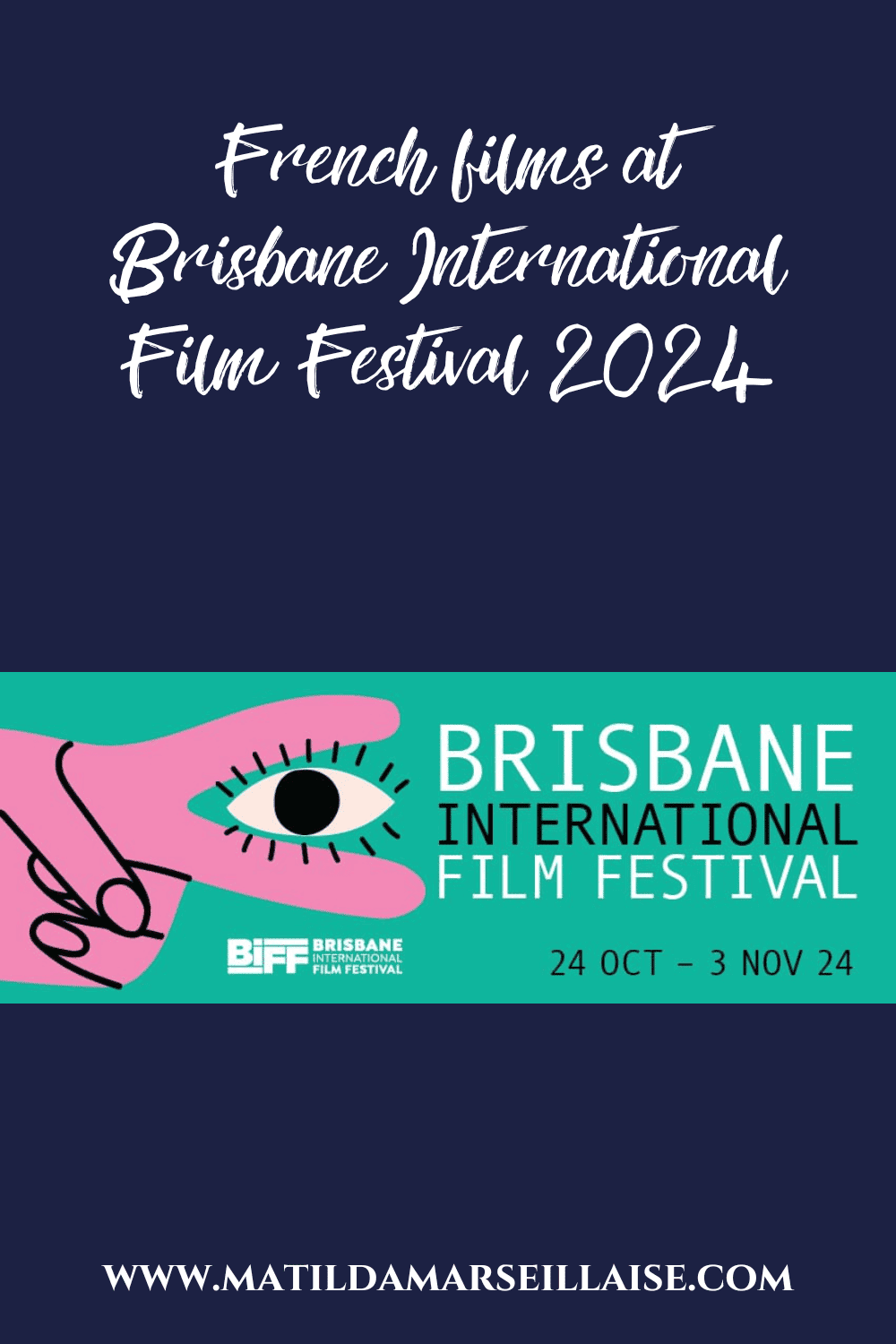Mzaza is a group based in Brisbane with music of which the lyrics are in English, French, Spanish and Ladino. In Australia, you may know them from their appearances at French festivals or at Woodford. They are also known in Europe for their concerts and festival shows.

Mzaza has just launched the second single from their next album “The Birth and Death of Stars” which is going to be released at the beginning of September. You can listen to the first two singles here:
Stardust: https://www.youtube.com/watch?v=KdFPYoWCYUY
Luficer : https://www.youtube.com/watch?v=bJ2dMnNPiAc
We spoke at length with Pauline Maudy, lead singer of the group Mzaza.
So Pauline you’re Australian and French.
I am French. I came to Australia with my family when I was 13. And then I finished my schooling here. So I’ve really spent half of my life in each country. Today, I go back to France almost every year and I feel at home in each country.
So Mzaza is pronounced M.Zaza? What does that mean?
Mzaza ia a Moroccan word. My fatgher is from Morocca and it’s a word which means “crazy” or “eccentric”.
And why did you choose that name for the group?
We’re all a little crazy, no?
How many of you are in the group, Mzaza?
When did you meet?
In 2004. I’d been asked to do a concert at a festival and I needed to find a group. I said I’d get back to them within 24 hours. I went to the West End, a multicultural area of Brisbane. And I spoke to all the owners of the cafes – I wanted to find musicians with Moroccan or Spanish influences. THe owner of one of the cafes said to me “yes, I know people who play music from the Middle East. If I see them, I will give them your number”. By luck, Greta, the violinist of Mzaza, came past half an hour later. That’s how the collaboration kicked off.

Do you have formal musical or singing training?
When I arrived in Australia, I finished my schooling in a high school that didn’t have a music department. I sang with some girls from Papua New Guinea who were in boarding school with me. It was only later on that I was able to study music by doing internships with musicians that I admire.
For example, I am French but the family of my father is from Morocco from sephardic origins and the sepharades have an ancient language called Ladino. SO I went to France to study with a singer, who is also from Maghreb and who sings in Ladino. I studied traditional Ladino singing.
I also did an internship in Greece. I did an internship in Crete musis with a fantastic musician.
For a long time, I studied theatre and I directed. It allowed me to work my voice and to learn a lot about intonation and the stage in general. Afterwards, I learned a lot from lots of different people. I continue to learn.
So you’ve done a bit of everything. You said that you’re French but also sepharade. Can you explain for us what sepharade is.
The Sepharades are Jewish people from Spain. During the 15th century, Isabelle the Catholic forced Jewish and Muslims to convert under threat of death. Sometimes they converted and they killed them regardless! Then a lot of them left.
My family left Spain and went to Morocco.
Since when have you been singing?
Forever. There are videos of me when I was little, on my chair, singing alone in my bedroom.
With your hairbrush?
No… I was very professional, I had a karaoke stereo.
So you like to know about your history and studying singing in Sephardic languages.
Yes, When the group MZAZA was born, I was looking for musicians who could explore French, Maghreb and Spanish influences, with which I grew up. I met musicians who were passionate about Middle Eastern music. Over the years, we also became interested in Balkan music. Later, we were joined by a double bassist, who comes from Bosnia and an accordionist.
And for me, there was the culgtural level, a fascination for history and migrations. For example, in Sephardic music, we find songs from the Balkans that were sung in Spain before and which emmigratied when the Jewish people had to leave. Immigration changes music and songs are reborn.
It’s a little like the members of groups. We find ourselves here in Australia and we come from everywhere. We propose our music and represent some of the influences that are found here in Australia, given it is a pretty diverse country.
How do you find that Mzaza’s musical style has changed since your beginnings?
It’s interesting. It’s true that at the beginning the instruments were different. We had an oud. Later on the double bass, guitar and accordion joined.
Instruments have evolved and as such the music has too. It’s been 16 years after all!
I’ve listed to and watched the first single from the new album. It’s great. Tell us about this song.
We recorded the album in Greece when we were on tour in Europe. It’s called “The Birth and Death of Stars”.
It’s an album which is quite marked by certain themes. For example the place of humans in the universe, the power that we have to create harmony but also Hell. We find themes of mythology and parallels between human life and astronomy.
The single Stardust, for me this song is the one that is the most hopeful on the album. It is about the moments in life where we find our place in the world, accompanied by joy, serenity, exaltation. But the last few months have been so hard for a lot of people that we wanted to release this song first. It’s in this difficult period of the pandemic that we rediscover the importance of nature.
I was going to say that with the title “The Birth and Death of Stars” I assume you are interested in astronomy.
Yes! There is a song which is called “The Birth and Death of Stars” on the album of course. It compares the life of human beings to the life of stars and speaks about our mortality.
What are the difficulties you experience when you are writing and singing in a language which is not your mother tongue?
I am really lucky to be bilingual in French and English so for me both are the same, which is why I write in both languages. I don’t write much in Spanish but I have sung inSpanish, in Turkish, in Greek, in Bulgarian, in Cretian, and in Indigenous Australian and Torres Strait Islander languages. I am very curious about languages and for me it is a way of discovering cultures.
I really appreciate when people share their songs with me.
Is it sometimes difficult to find an audience which isn’t too niche?
It’s true that we are difficult to describe, we don’t really fit into the vague descriptions of “world music”.
I think that there are a lot of people in Australia because people want to travel through music and appreciate thoughtful compositions. We will never be a big commercial success like pop but our music allows us to have an exchange, to share with people. It’s interesting because the people who listen to our music in Australia are very different to the people who listen to our music in Europe.
And speaking of Europe, you’ve played at festivals and held concerts both here and over there. What has been your favourite concert so far?
It’s impossible to choose! I appreciate different concerts for different reasons. Concerts in intimate rooms where you can really have a dialogue but also festivals like Woodford and in Europe.
Your music is very lively so it must translate quite well to stage.
Yes, but it depends on the songs and the type of concert that we are performing.
Who are your musical muses?
My inspirations are really varied. There is a singer that I like a lot, Lhasa de Sela She’s a Canadian singer who sings in Spanish but also in French.
But afterwards, there are are many references. I love rock, flamenco. I appreciate lots of different music. I love jazz, soul.

I also saw that Mzaza received a grant from Creative Partnerships Australia for your project of a tour to regions affected by the bushfires. Have you been able to start this tour or has COVID-19 prevented it?
For now, the tour is for 2021. It’s a project which is important to us.
Beforehand, we have a large tour in Queensland. Pour l’instant la tournée c’est pour 2021.
Apart from the tour which has been postponed, how has COVID-19 affected the group, Mzaza?
For us, concretely, we were going to do a European tour which we had to cancel. A lot of work has been lost. We’ve been preparing the project for at least a year.
https://www.youtube.com/watch?v=bJ2dMnNPiAc
How can people support Mzaza?
People can go to http://mzaza.bandcamp.com/merch and buy the digital version of the album, our CDs and share our music with your friends. They can also send us an email at [email protected] – it’s the best way to contact us.
—
You can order the CD “The Birth and Death of Stars” and buy Mzaza T-shirts and even tea-towels on their website:
https://mzaza.bandcamp.com/merch
And because artists are suffering a lot because of COVID-19 resitrictions, if you wanted to support Mzaza by making a donation, you can do so via this link: https://www.paypal.com/paypalme/mzazamusic
Follow them on Facebook : https://www.facebook.com/mzazamusic/
If you’re in Brisbane, you can go to see Mzaza in concert at Brisbane Festival on 10 and 11 September:
https://www.brisbanefestival.com.au/whats-on/mzaza-the-birth-and-death-of-stars
—






